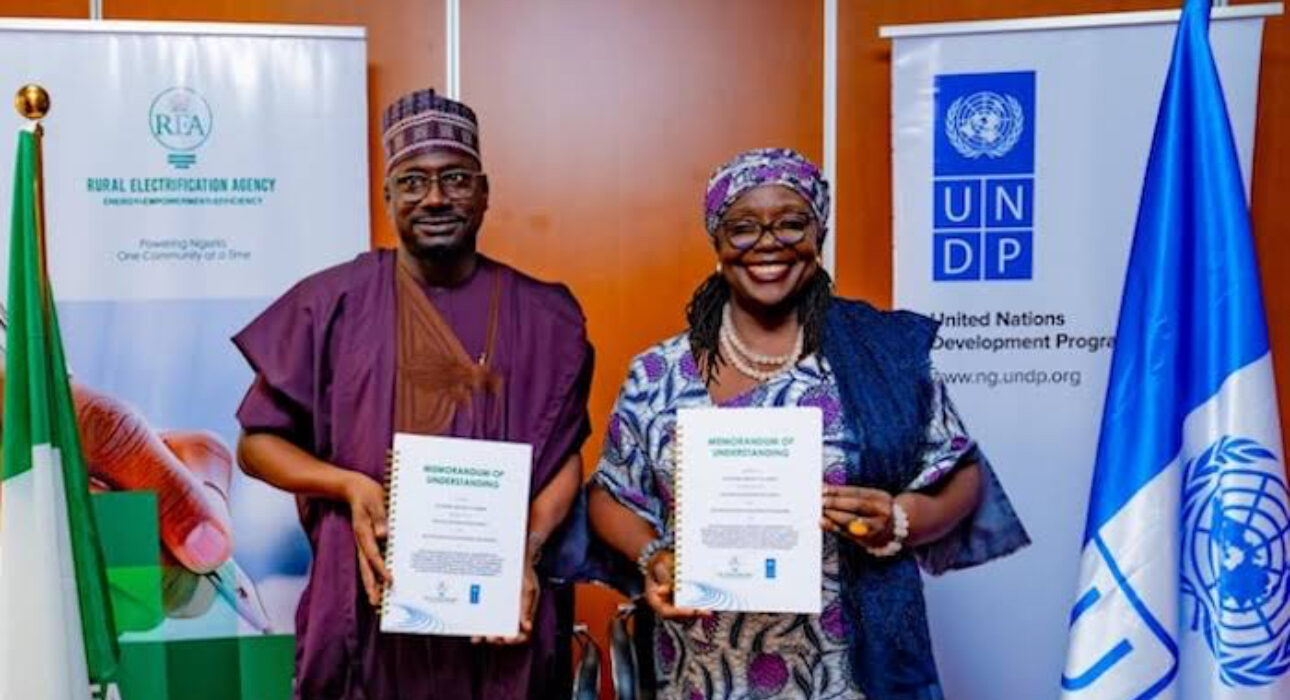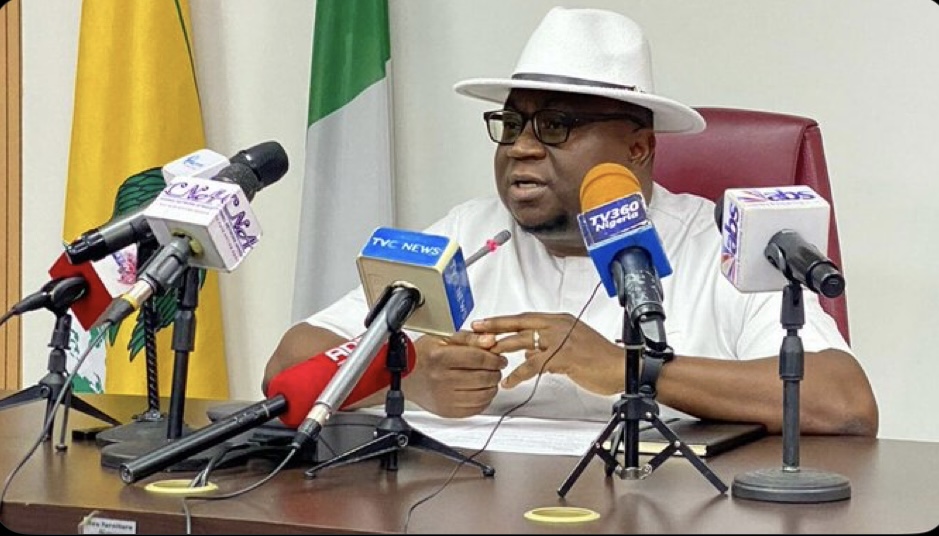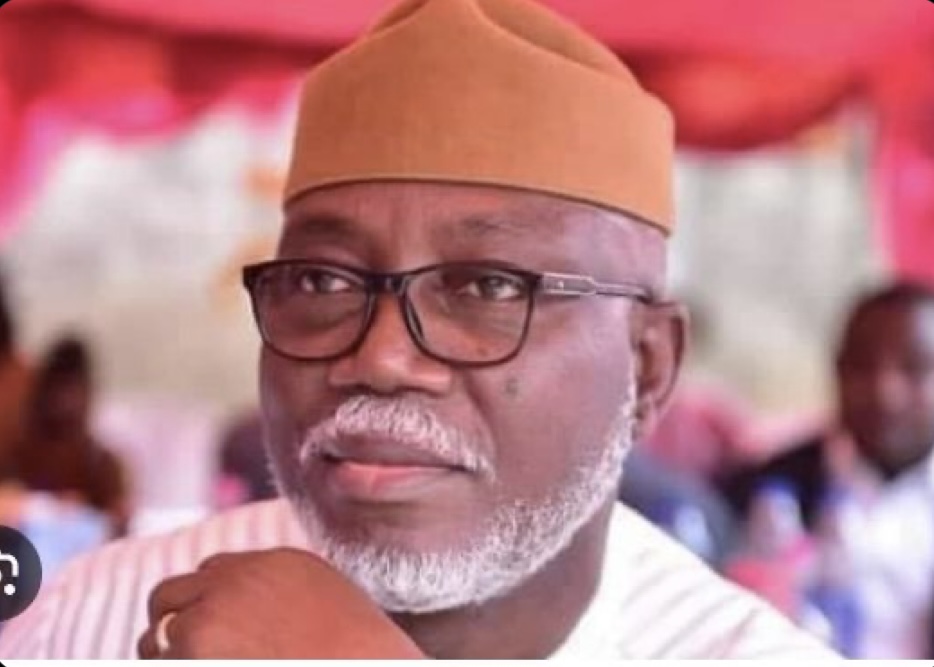UNDP, REA Forge Landmark Partnership to Drive Clean Energy Transition, Youth Empowerment in Nigeria

The United Nations Development Programme (UNDP) and Nigeria’s Rural Electrification Agency (REA) have entered into a strategic partnership designed to accelerate the country’s clean energy transition while promoting innovation and youth empowerment.
The initiative was formally launched in Abuja on August 13, 2025.
Speaking at the event, representatives from both organisations emphasised that the collaboration reflects a shared commitment to building a more sustainable, inclusive, and innovation-driven energy future for Nigeria. The partnership is anchored on five key pillars.
First, UNDP’s University Innovation Pods (UNIPODS) and Maker Spaces will be integrated into REA’s Energizing Education Programme, transforming universities and teaching hospitals into hubs of technological innovation and practical problem-solving.
Second, the REA’s NEXTGEN initiative will be expanded with UNDP support, training a new generation of clean energy professionals. This effort targets youth unemployment while equipping young Nigerians with skills to thrive in the growing renewable energy sector.
Third, the collaboration will provide technical and policy support to state governments as they implement provisions of Nigeria’s new Electricity Act, ensuring that reforms are harmonised and effectively executed at the subnational level.
The fourth pillar focuses on financing, with both organisations exploring blended finance models to attract private investment and strengthen Nigeria’s Rural Electrification Fund (REF).
This approach is expected to de-risk clean energy projects and ensure their long-term sustainability.
Finally, the partnership will advance research and communication efforts, generating data to guide policymakers, improve transparency, and raise public awareness about the impact of clean energy solutions.
According to UNDP and REA, the partnership is not only about expanding access to energy but also about building human capital, stimulating innovation, and positioning Nigeria as a leader in Africa’s clean energy transformation.









